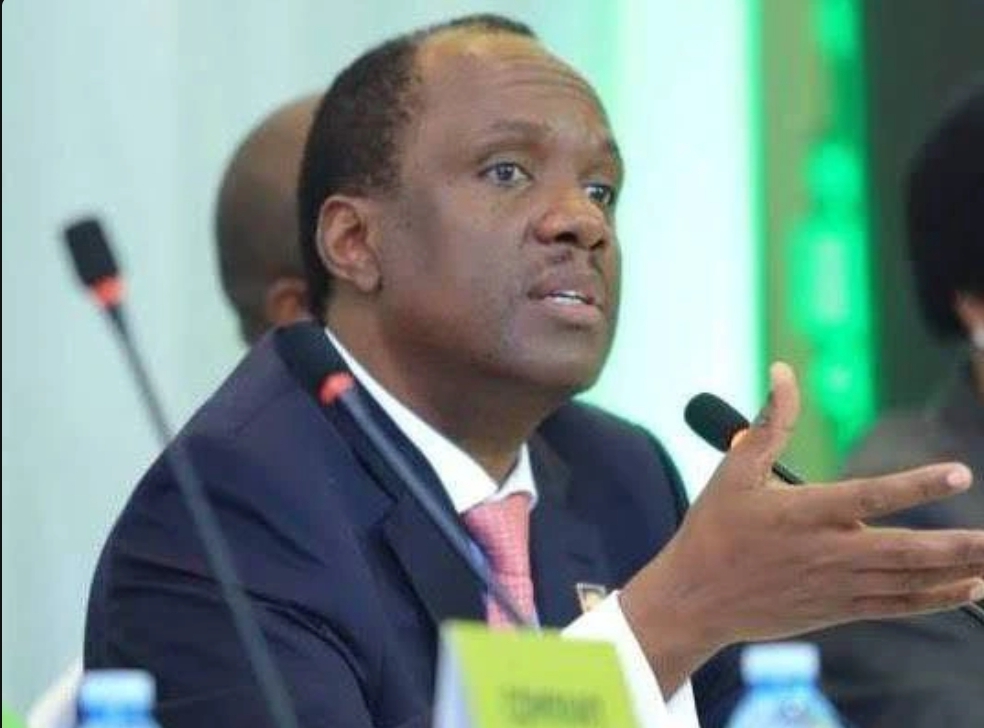Court of Appeal Clears Vantage Fund to Enforce $10m Loan Against Bitature’s Simba Companies

“The mere act of lending money without a physical address in Uganda does not create an obligation for the appellant as a foreign lender to register. The appellant has a right to implement the terms of the agreement in Uganda, including instituting proceedings in court for the enforcement of its rights,” Justice Nambayo ruled
Kampala, Uganda | The Court of Appeal has ruled in favour of South Africa’s Vantage Mezzanine Fund II Partnership in its long-running dispute with businessman Patrick Bitature’s Simba Group, clearing the fund to enforce a $10 million loan agreement without being required to register locally under Ugandan partnership laws.
The dispute dates back to December 2014, when Vantage, one of Africa’s largest mezzanine debt funds, advanced $10 million (about Shs 37 billion at the time) to Simba Properties Investment Co. Ltd.
The loan, structured as growth capital, was intended to support Simba’s expansion in real estate and hospitality.
Charges were created over Simba Telecom Ltd, Linda Properties Ltd, and Elgon Terrace Hotel Ltd, with share transfer documents signed in favour of the lender.
When Simba defaulted on repayment, the companies launched a series of suits in the Commercial Division to frustrate recovery.
Those cases were dismissed in June 2021, and arbitration ordered.
Vantage then moved to enforce share transfers through the Uganda Registration Services Bureau (URSB), but the Bureau declined, saying the fund was not registered in Uganda.
In 2022, Justice Musa Ssekaana upheld that position, finding that Vantage lacked legal presence or locus standi.
The Court of Appeal has now unanimously overturned that ruling.
Justice Esta Nambayo, delivering the lead judgment, held that lending to a Ugandan company did not constitute “carrying on business” in Uganda and therefore did not trigger mandatory registration under the Partnership Act or the Business Names Registration Act.
“The mere act of lending money without a physical address in Uganda does not create an obligation for the appellant as a foreign lender to register. The appellant has a right to implement the terms of the agreement in Uganda, including instituting proceedings in court for the enforcement of its rights,” Justice Nambayo ruled.
She warned that barring Vantage from seeking redress would undermine constitutional protections:
“Locking out the appellant from accessing courts would amount to unequal legal protection by the courts, which would contravene Article 21(1) of the 1995 Constitution of Uganda.”
Justice Fredrick Egonda-Ntende, concurring, added: “Neither the Partnership Act nor the Business Names Registration Act deal with capacity to sue or locus standi at all. There was no basis in law for the conclusion that the appellant did not have capacity to sue.”
The bench also faulted the High Court for allowing Simba companies — private entities — to join judicial review proceedings that were strictly aimed at compelling URSB, a public body, to perform a statutory duty.
As a result, the Court set aside the High Court ruling, affirmed Vantage’s right to sue, and ordered URSB and the Simba companies to pay costs both in the High Court and on appeal.
Bitature’s Position
Patrick Bitature, one of Uganda’s most prominent businessmen, has previously defended his position in the loan dispute by citing the economic fallout from the COVID-19 pandemic.
He argued that lockdowns and travel restrictions severely disrupted revenue flows across his companies, particularly in hospitality and real estate, leaving Simba unable to meet its obligations on schedule.
In past public remarks, Bitature said that the pandemic “crippled cashflows” and delayed repayments, stressing that his businesses were not insolvent but required time to recover.
He has also framed the standoff with Vantage as a test of how Uganda handles disputes between local entrepreneurs and foreign financiers.
Implications
The Court of Appeal ruling is being viewed as a major boost for foreign direct investment (FDI) and cross-border commercial lending.
By confirming that foreign lenders can enforce agreements without local registration, the judgment strengthens Uganda’s position as a destination for private equity and mezzanine financing.
“This case sends a strong signal to international financiers that Uganda’s courts will uphold contractual rights fairly, even against politically connected or high-profile business figures,” a Kampala corporate lawyer noted.
Analysts argue the ruling could encourage more regional and international funds to enter Uganda’s market, lowering borrowing costs for corporates while boosting investor confidence in the judiciary.
For Bitature, one of Uganda’s most prominent entrepreneurs, the Court of Appeal’s decision is a heavy blow at a time when his businesses are still recovering from the devastating impact of COVID-19 restrictions, which crippled revenues in hospitality and real estate.
While the judgment clears Vantage to pursue enforcement of its $10 million loan, it also highlights the difficult reality faced by local firms that took on international financing before the pandemic struck.
The ruling also underscores the urgent need for Bitature not only to restructure and protect his investments, but also invites sympathy as an example of how even seasoned business leaders were pushed to the brink by unprecedented global shocks



0 Comments